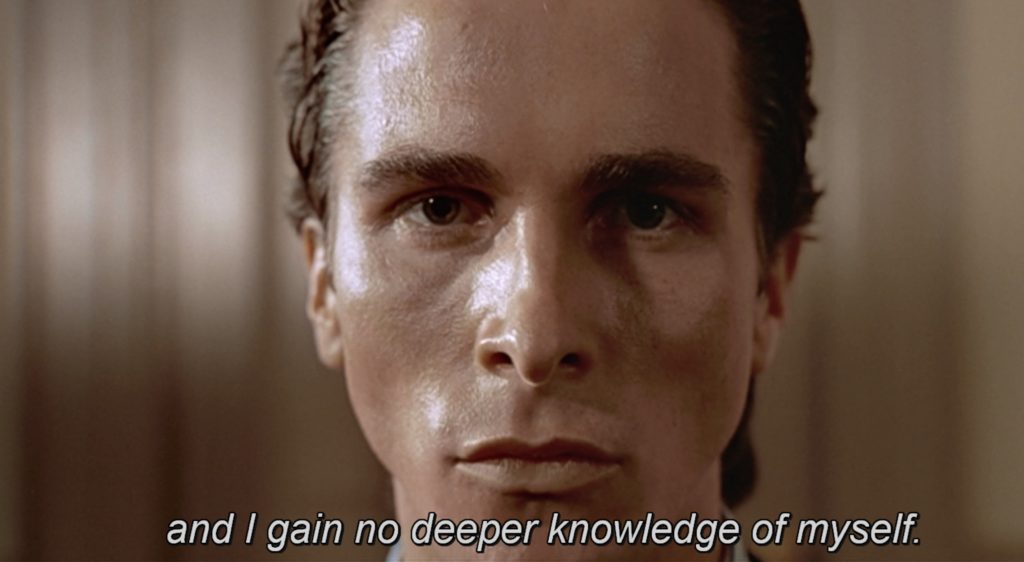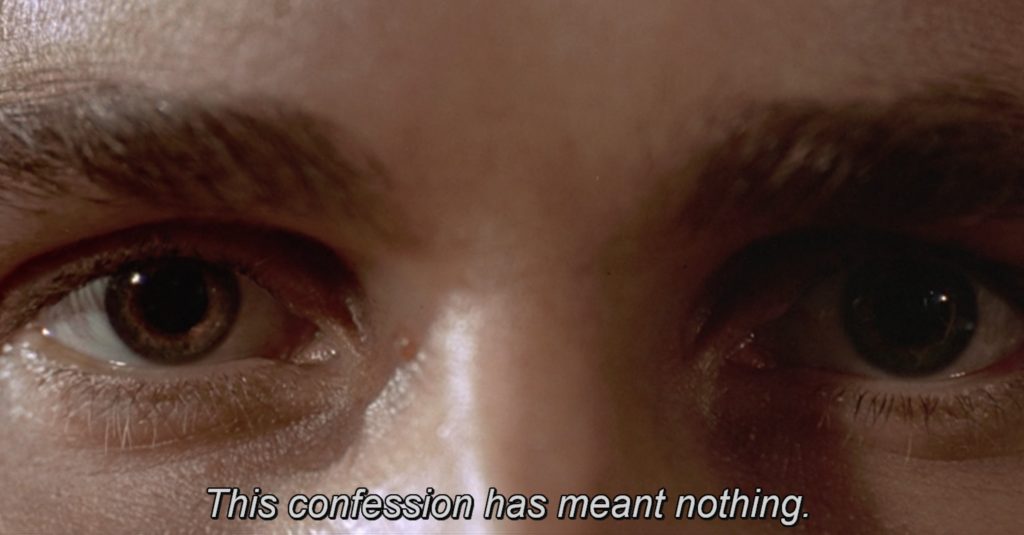‘American Psycho’ Explained: Why Mary Harron’s Serial Killer Film Resonates
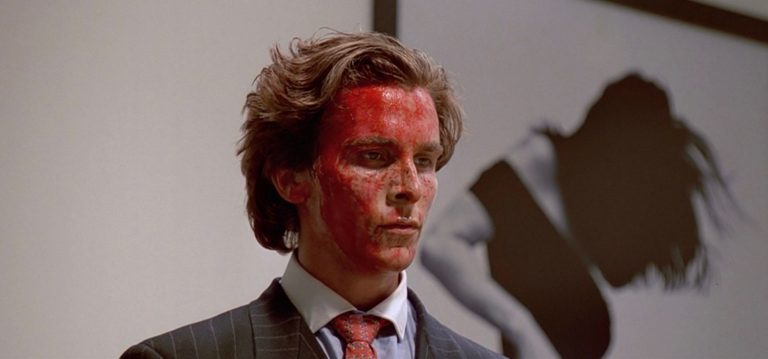
American Psycho is a horror movie for people who don’t like horror movies. The film has a dark magic — or magical obscenity — that works across an eclectic set of audiences.
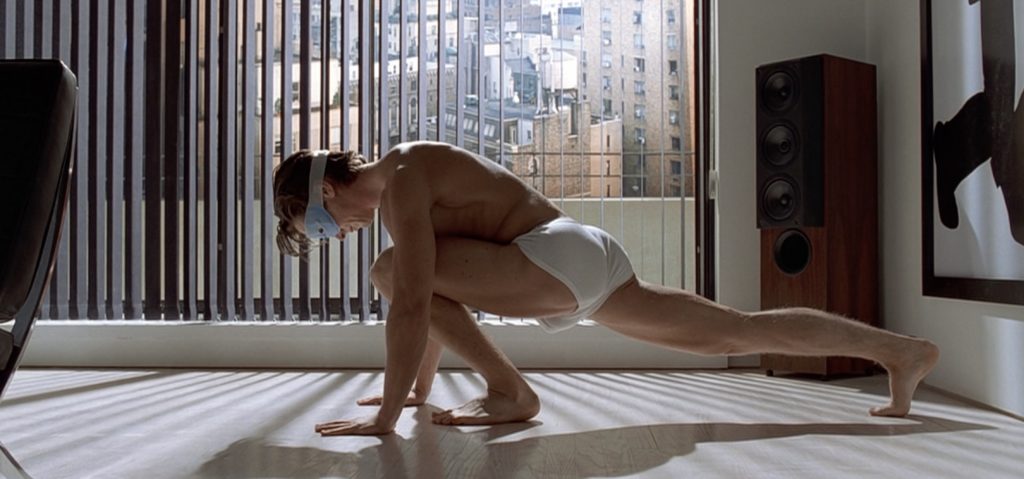
Viewers enjoy American Psycho for so many reasons. You can like it as a fun period piece about the 1980s, and despite the satirical undertones, you can still just enjoy the fun ride of all the greed, sex, drugs, fashion, and whatnot that come with it. Alternatively, you can enjoy it as a kind of dark Marxist fairytale of late-stage capitalism and the market eating itself alive. Or maybe you can like it just because it’s an anti-Christmas movie or an intelligently done serial killer movie, or perhaps you just like the storytelling of Bret Easton Ellis.
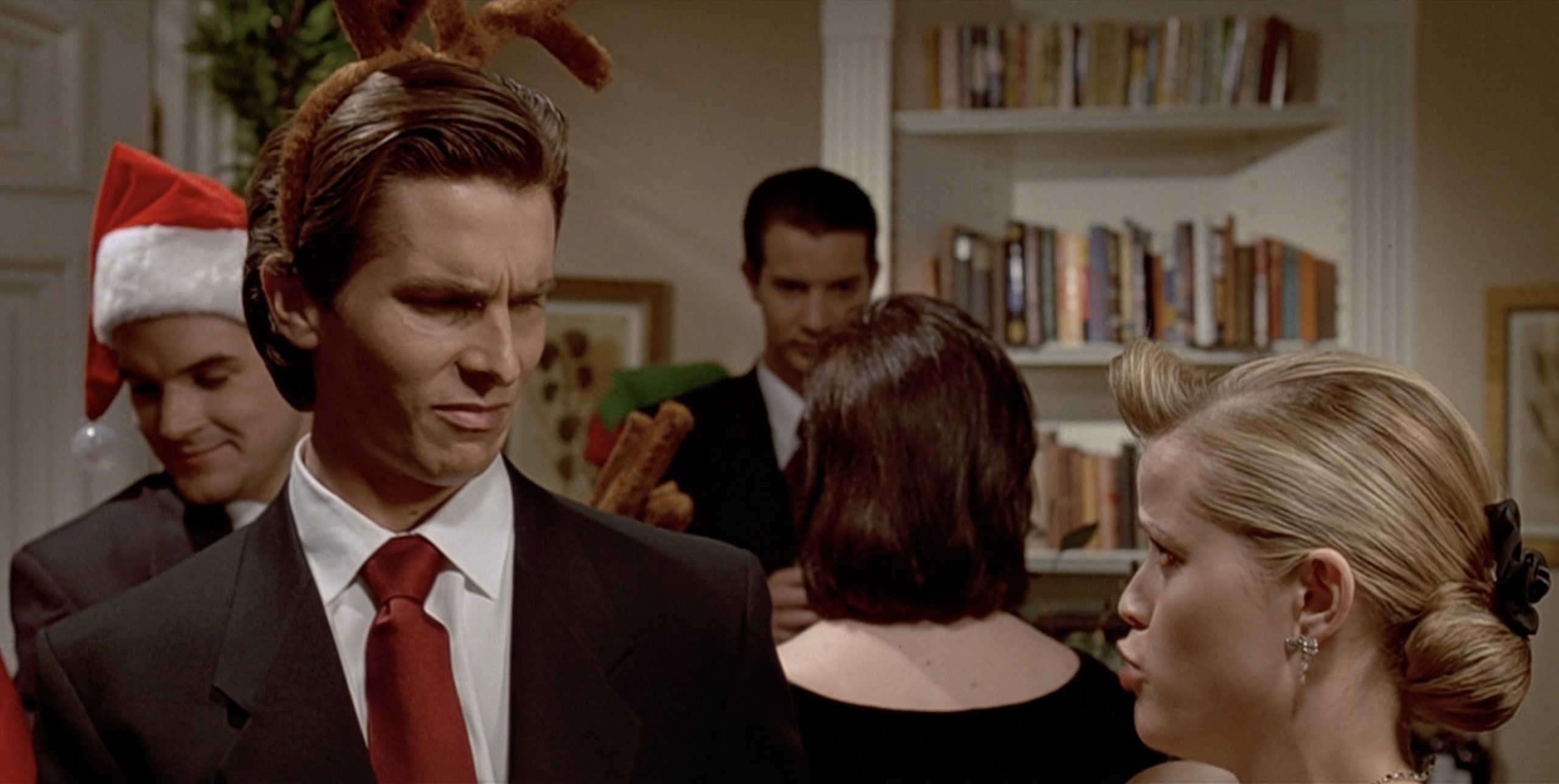
The reason the movie likely has such resonance and staying power, though, is probably because it’s just a very funny dark comedy. Director Mary Harron pulled off alchemy, taking despicable characters and an incredibly violent plot to make a satirical film that is more amusing and thought-provoking than it is preachy — a hard thing to pull off, indeed.
Here we’ll explore all the reasons the film is so important and represents a significant moment in cinematic history.
Christian Bale’s performance is mesmerizing.
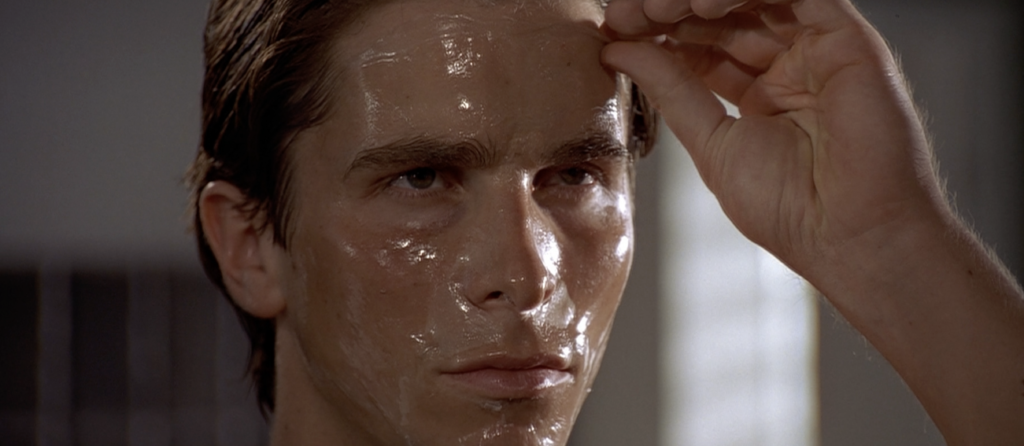
One of the more interesting behind-the-scenes facts about American Psycho was that the production and film distribution studio behind the movie, Lionsgate Films, wanted American Psycho to have a huge celebrity in the film. In 2000, Christian Bale wasn’t that person. So Lionsgate wanted Leonardo DiCaprio to be Patrick Bateman. Mary Harron describes the following encounter with a producer from Lionsgate telling her DiCaprio wanted the role:
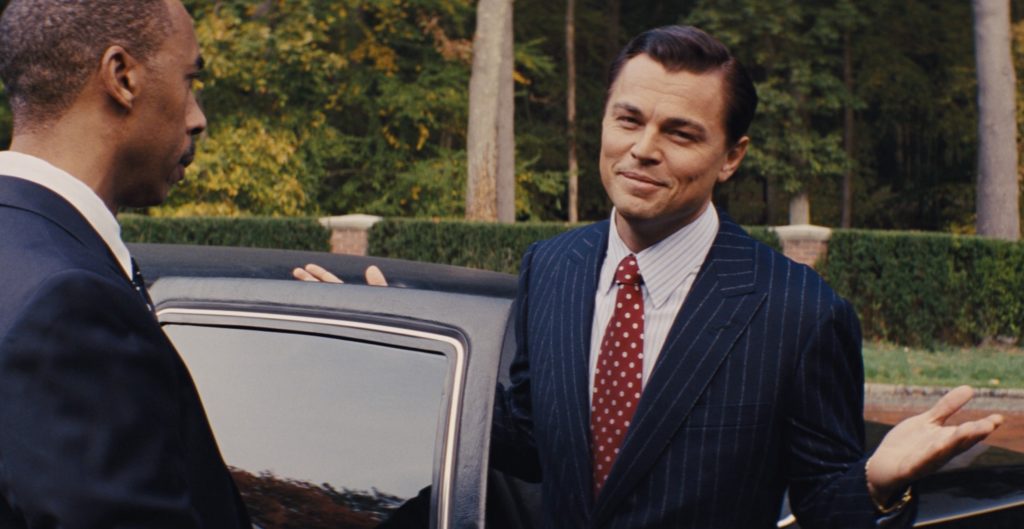
It was a phone call from one of the producers saying, “Are you sitting down? Leonardo DiCaprio wants to play the part and they want to pay him $20 million, but your budget will still only be $6 million.” And I said, “That is the stupidest idea I have ever heard.” I felt like he was really not right for it. And also to have a young star who was the idol of millions of teenage girls? You’re just bringing down hell upon yourselves, and you’ll never be able to make the script the way it should be made because everyone will be terrified.
Luckily, due to the extreme nature of the screenplay and Harron’s insistence, Christian Bale ultimately was cast as Patrick Bateman. As incredible an actor as DiCaprio is, it’s hard to imagine anyone besides Bale in this role — everything from his facial expressions, to the way he sculpted his body for the film, to his eerie vocal inflections made the movie what it is. Still, after DiCaprio’s performance in The Wolf of Wall Street (2013), maybe he could have played Patrick Bateman.
(Also, how insane is it that while the budget of the movie was only $6 million, Leonardo DiCaprio was going to be paid $20 million? It’s not public knowledge how much Christian Bale was paid, but it seems like he was paid less than a million.)
The Seinfeld-esque one liners!
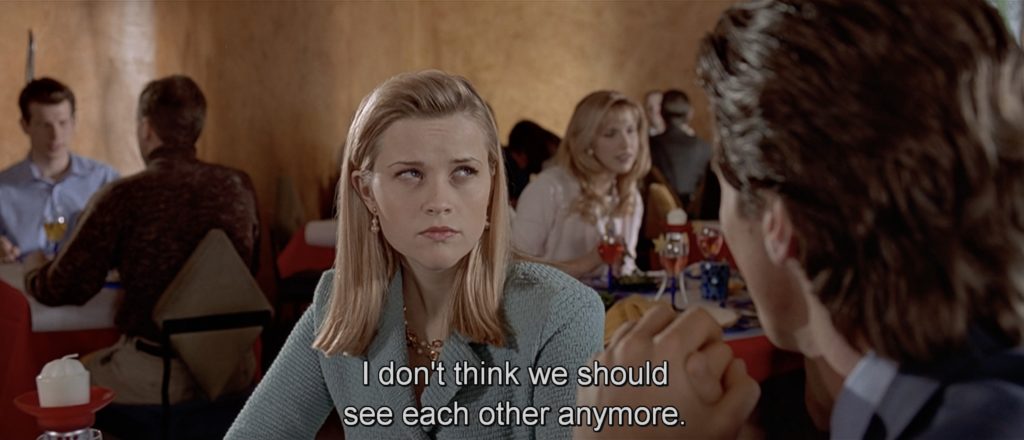
At first blush, it might seem crazy to connect the TV show Seinfeld and American Psycho. On second thought, though, Patrick Bateman’s antisocial nature and responses could easily have been something crafted by Larry David.
For instance, when Patrick Bateman is breaking up with his fiancée of several years, he simply says in a George Costanza fashion: “I don’t think we should see each other anymore.” Then this happens:
Evelyn Williams: But your friends are my friends and my friends are your friends. I don’t think it would work. You have a little something…
Patrick Bateman: I know that your friends are my friends and, uh…I thought about that. You can have ’em.
Evelyn: What about the past?
Patrick Bateman: We never really shared one.
Evelyn: You’re inhuman.
Patrick Bateman: No…I’m in touch with humanity. Evelyn, I’m sorry, I just uh…You’re not terribly important to me.
Then there is the famous line: “I need to return some videotapes,” which is Bateman’s favorite excuse for getting out of any social situation — a completely stupid and unconvincing response, but still hysterical. And all the George Costanza-like excuses Patrick Bateman makes for avoiding doing any work — such as trying to brush off a meeting by saying he’s at lunch at 10:30 AM…
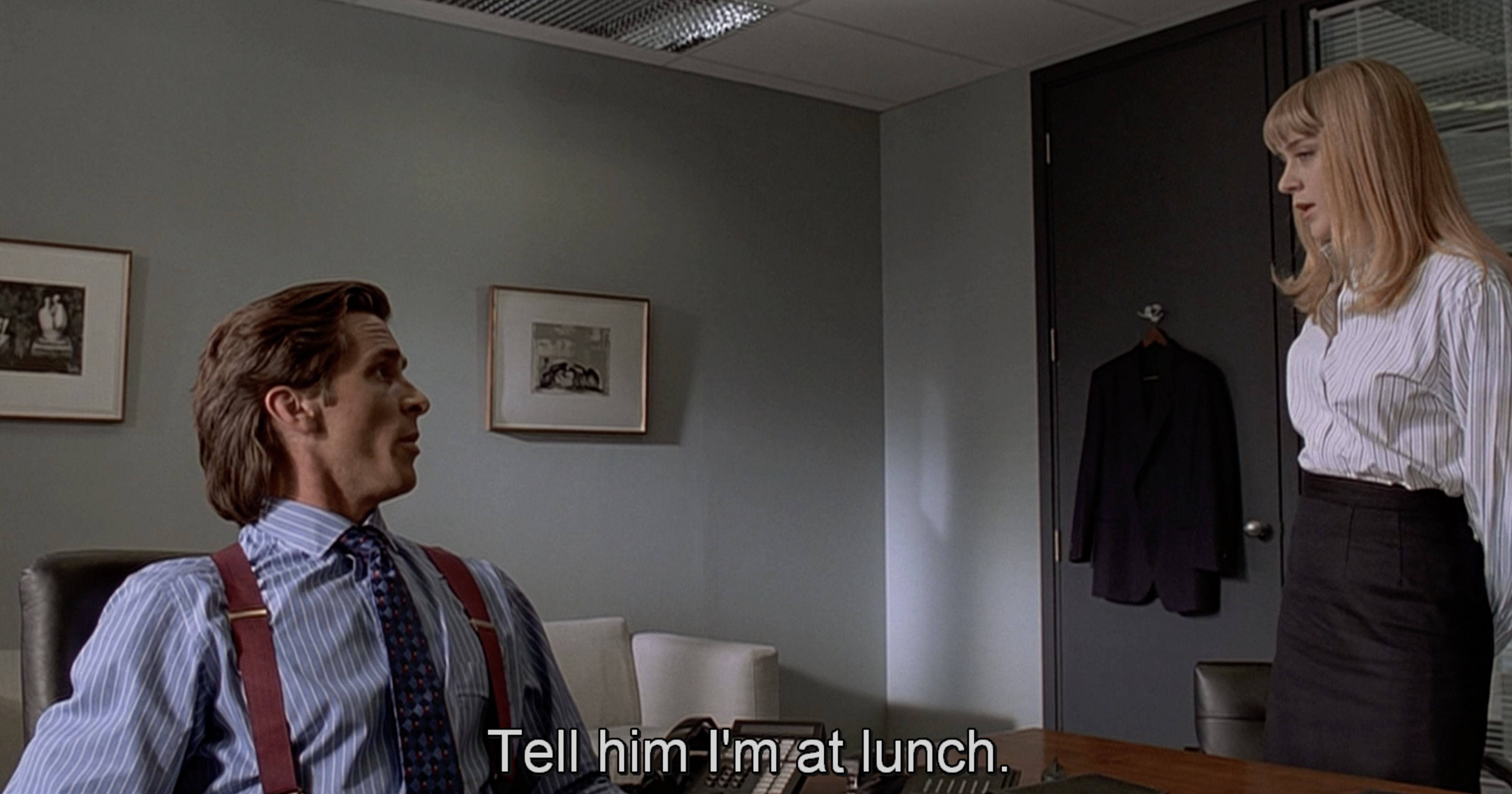
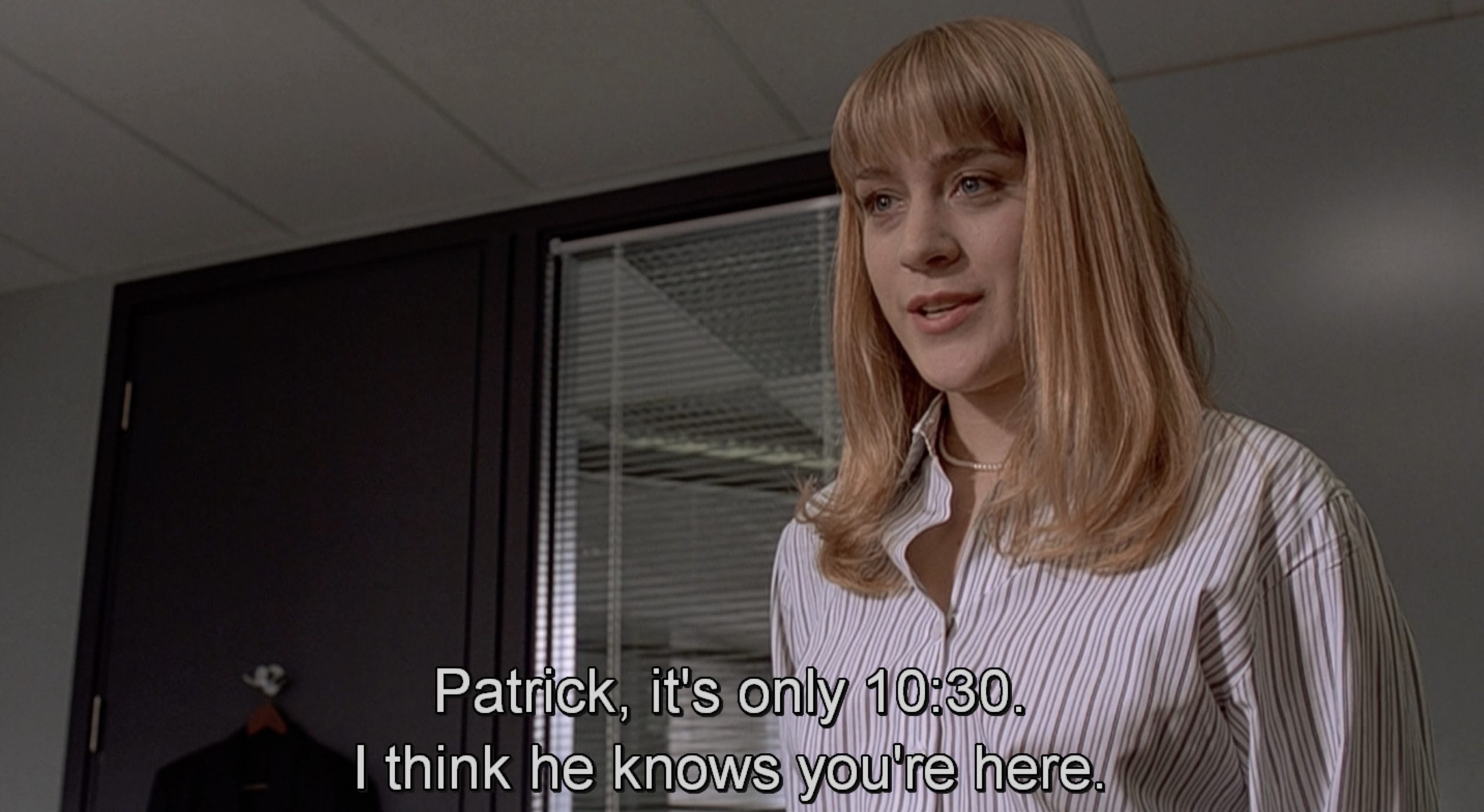
It was an important movie in terms of the expansion of gender identity.
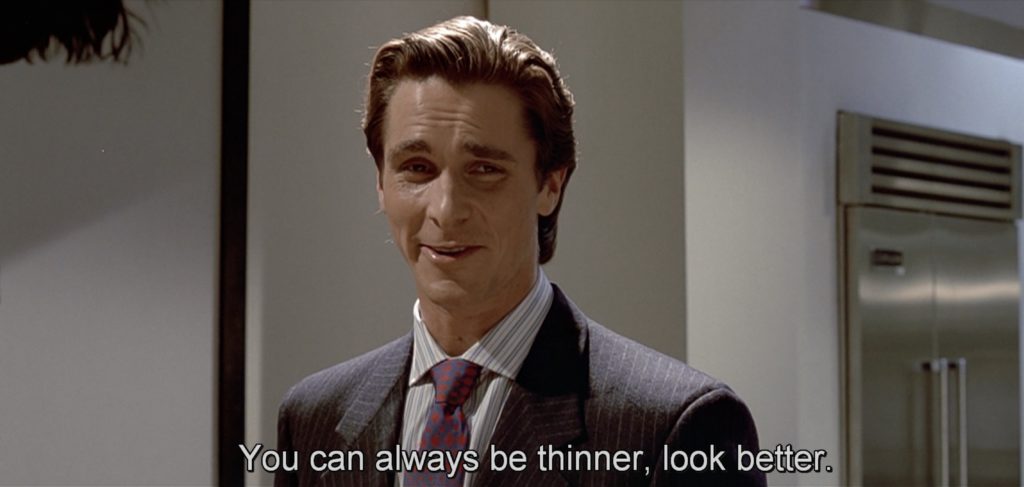
Upon release of both the novel and the film, the reaction was focused on the obscenity of it all. Yet the underlying misogyny within the narrative also generated controversy. Yet in due time, it became clear that American Psycho wasn’t so much misogynistic; it was actually kind of liberating and equalizing.
The novel and film were early representations of how mass media from pop culture to men’s magazines also destroy men’s sense of self and their self-esteem.
In one of the strangest scenes of the movie, Chloë Sevigny’s character tells Patrick Bateman how attractive he is. Bateman’s response is that he still feels ugly and is on a diet, and that you “can always be thinner. Look…better.” It’s a scene that only with distance can we understand how ahead of its time it was. In so many ways, Patrick Bateman can be read as an expression of traditionally “female” traits, and the toxic masculinity of the film collapses on itself.
All the inside jokes about yuppie culture and the 80s.
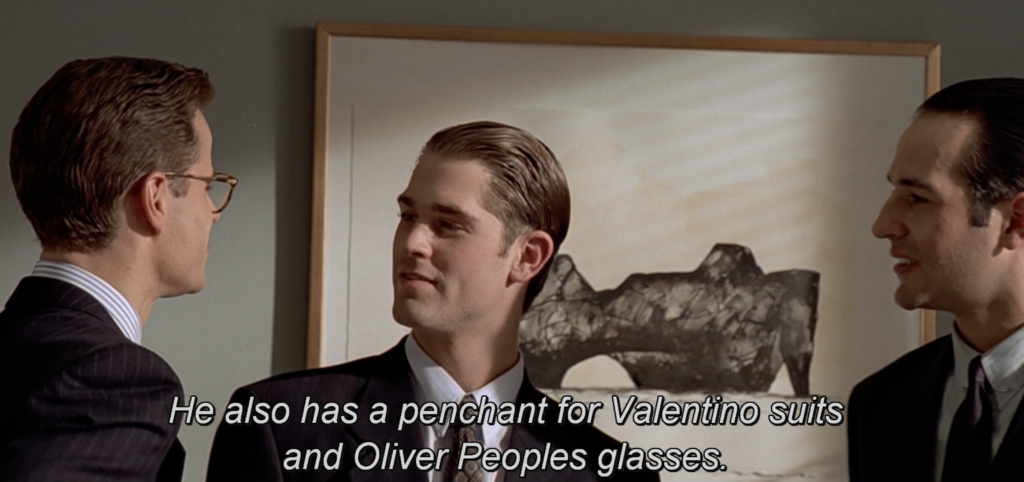
The movie American Psycho is based on the 1991 novel of the same name by Bret Easton Ellis. A reader of Ellis’s novel version in 2500 will be confused by many parts of the book, as it is filled with references to brand names, restaurants, nightclubs, and other pop-culture figures that were only relevant in the 80s and early 90s.
While ahistorical viewers might be befuddled by such references, the book and film are incredibly funny and relevant because of how they make fun of trends from the historical period in which they were made. For instance, the absurdity of quotes from the film such as “Choose a robe, not the Bijan” will in time only become funnier, because as more and more time passes, they will only become more cryptic and hence even more absurd.
At the same time, it also provided one of the most nuanced critiques of toxic masculinity.
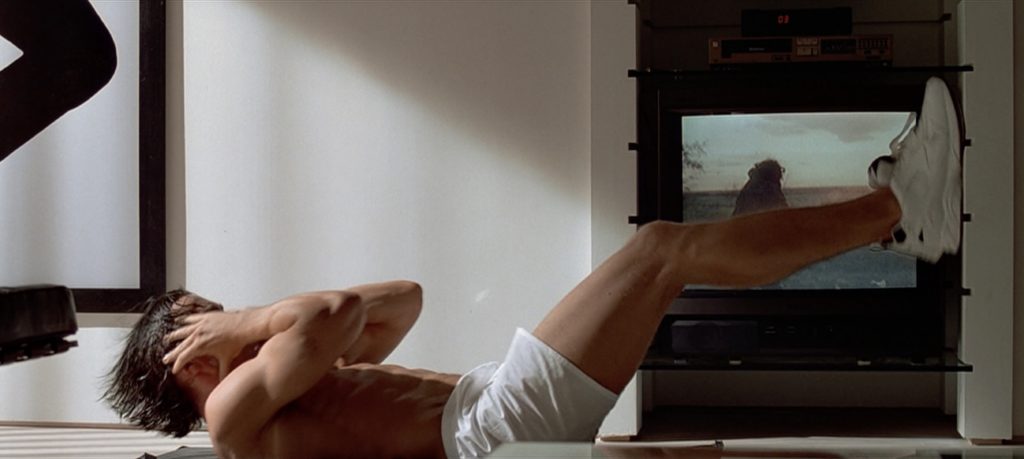
While American Psycho is a gender-bending film, the plot still hinges on a critique of toxic masculinity, perfectly represented by the scene where Patrick Bateman exercises and seems energized by watching the TV, which shows a serial killer murdering people with a chainsaw.
Bateman’s confession: the ending explained?
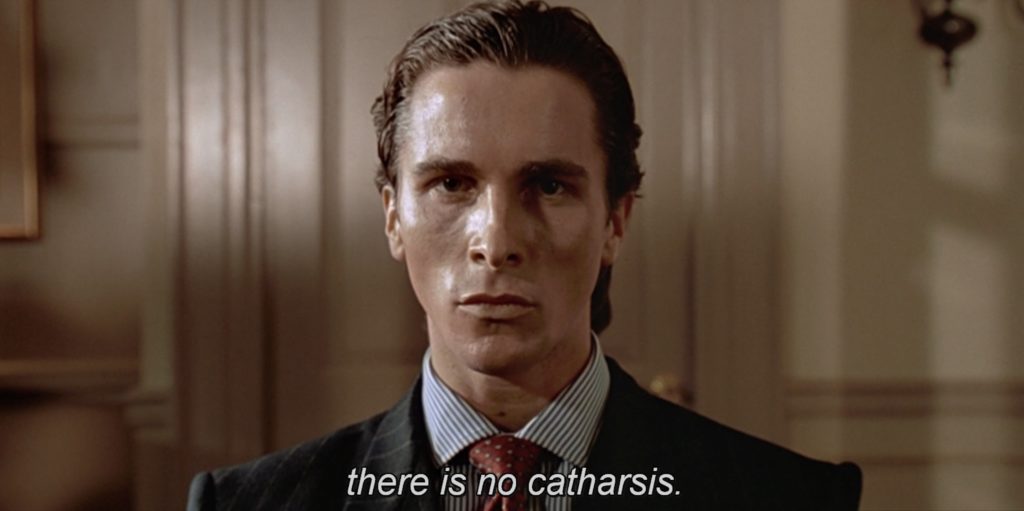
The message of the novel and the movie are different. To this point, Bret Easton Ellis’s version of the screenplay had the ending with Patrick Bateman happily skipping down the streets of Manhattan. Harron rejected this screenplay as not cinematic and made a more bizarre and open-ended conclusion.
Many people are confused by the film’s conclusion, which asks more questions than it answers about the plot: Did he really kill all those people? Will Patrick ever be caught? Did the filmmaker trick us in “just a dream” sequences?
Then there are the more subtle, personal, and Augustinian questions the film asks you about life and your individual place within it, which are typical of Bret Easton Ellis’s work. Are we all just interchangeable cogs in an economic machine? How pervasive is our cultural sickness? Does the project of self-realization eventually just fade to empty nihilism? Will there ever be any redemption?
